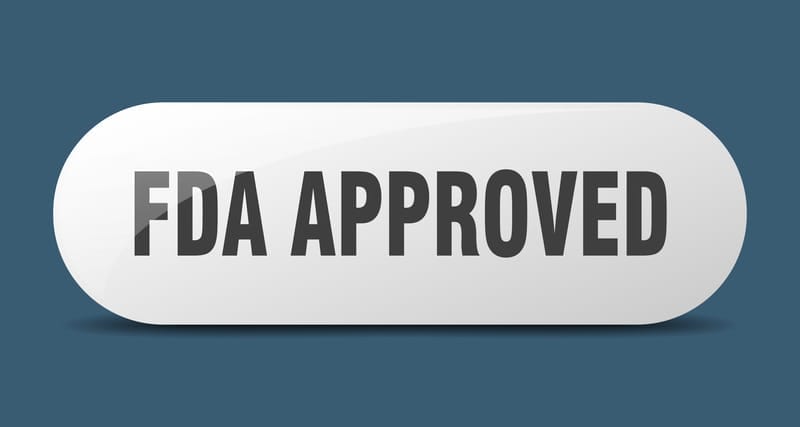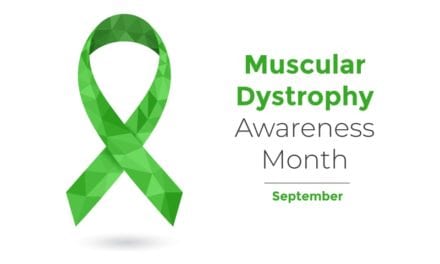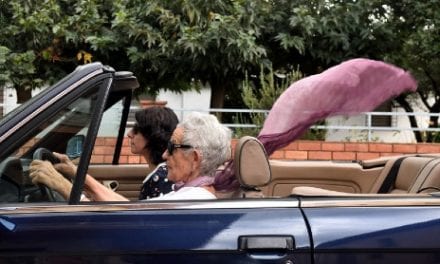The ALS Association, the country’s largest nonprofit committed to making ALS livable and finding a cure, celebrates the Food and Drug Administration’s (FDA) approval of AMX0035, a new treatment for people living with amyotrophic lateral sclerosis (ALS), a fatal neurodegenerative disease. The Association invested $2.2 million of funds raised through the 2014 ALS Ice Bucket Challenge into the development and trial of AMX0035, and led the years-long advocacy campaign that pushed the FDA to approve the treatment prior to completion of an ongoing phase 3 trial.
“We thank the millions of people who donated and participated in the Ice Bucket Challenge, enabling us to invest in promising therapies like AMX0035 that will immediately help people living with ALS,” said Calaneet Balas, president and CEO of the ALS Association. “This is a victory for the entire ALS community, which came together to advocate for early approval of AMX0035. We still have a lot of work to do to cure ALS, but this new treatment is a significant step in that fight.”
Added Balas: “We are thinking of Pat Quinn and Pete Frates, who championed the Ice Bucket Challenge and changed the trajectory of ALS forever.”
In June of 2016, the Association provided Amylyx, the producer of AMX0035, with a $750,000 grant for a clinical trial pilot, and in July of 2016, the Association provided the Northeast ALS Consortium (NEALS) with a $1.46 million grant to help pay for the phase 2 clinical trial of AMX0035. The Association has also provided regulatory, medical, and research counsel to help expedite the progress of AMX0035.
In September of 2020, The ALS Association and I AM ALS submitted over 50,000 signatures to the FDA calling on the agency to approve AMX0035. In subsequent months, the Association held multiple meetings with FDA officials, including a public We Can’t Wait Action Meeting in May of 2021, so members of the ALS community could speak directly to FDA officials. The Association also provided scientific and regulatory guidance and in 2022, drove over 14,000 individual emails to the FDA urging approval.
“It’s hard to put into words how significant this approval is for the thousands of Americans who are living with ALS and their families,” said Larry Falivena, a member of the ALS Association Board of Trustees who was diagnosed with ALS in 2017. “The ALS community has proven that our advocacy can impact decisions that are being made about our health. We need new treatments as quickly as possible if we are going to turn ALS into a livable disease and eventually cure it.”
In the summer of 2014, over 17 million people posted Ice Bucket Challenge videos to Facebook, including hundreds of celebrities, athletes, and politicians. The campaign, which was popularized by Pat Quinn and Pete Frates, two young men who were living with ALS, raised over $115 million for the ALS Association. Frates passed away in 2019, and Quinn passed away in 2020.
Balas said: “The approval of AMX0035 is further proof of how the Ice Bucket Challenge dramatically accelerated the fight against ALS. Since then, we’ve seen new genes discovered, new assistive technology developed to help people living with ALS, and far more people living with ALS have access to care services than ever before.”
Since the Ice Bucket Challenge, the ALS Association has spent over $127 million on ALS research and is currently funding 130 research projects in 12 countries. The Association is currently funding 40 potential treatments in the drug development pipeline.
In addition, the Association has expanded its network of clinical providers from 100 Certified Treatment Centers of Excellence, Recognized Treatment Centers, and Affiliated Clinics in 2014 to 188 today.
In 2019, RTI International, an independent research organization, surveyed ALS researchers about the impact of Ice Bucket Challenge resources. RTI reported 84 percent of respondents said support from the Association since the Challenge accelerated their work quite a bit or very much, while 72 percent of respondents said funding from the Association improved their ability to receive additional funding.
[Source(s): The ALS Association, PRWeb]





